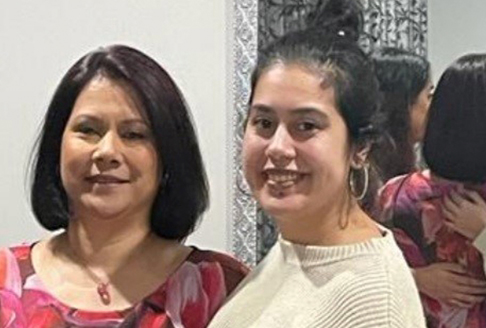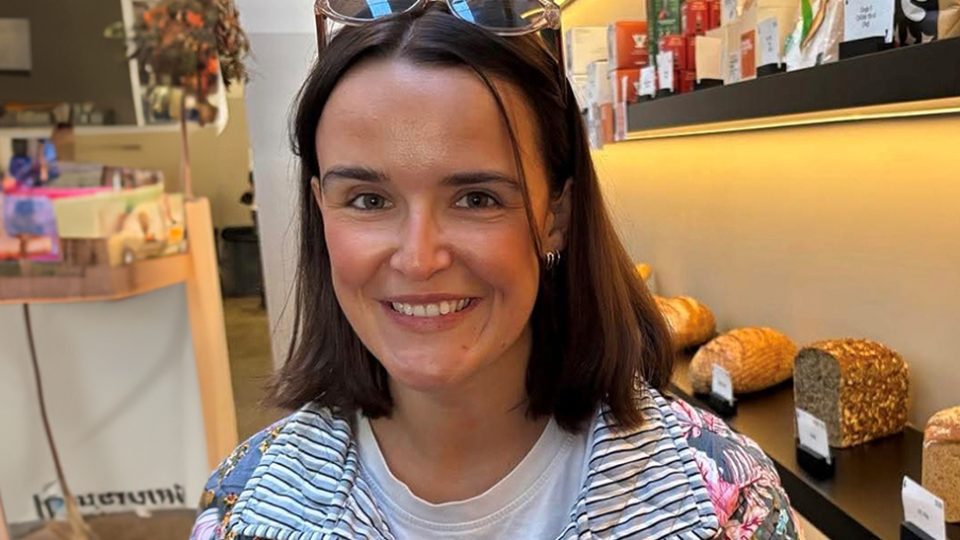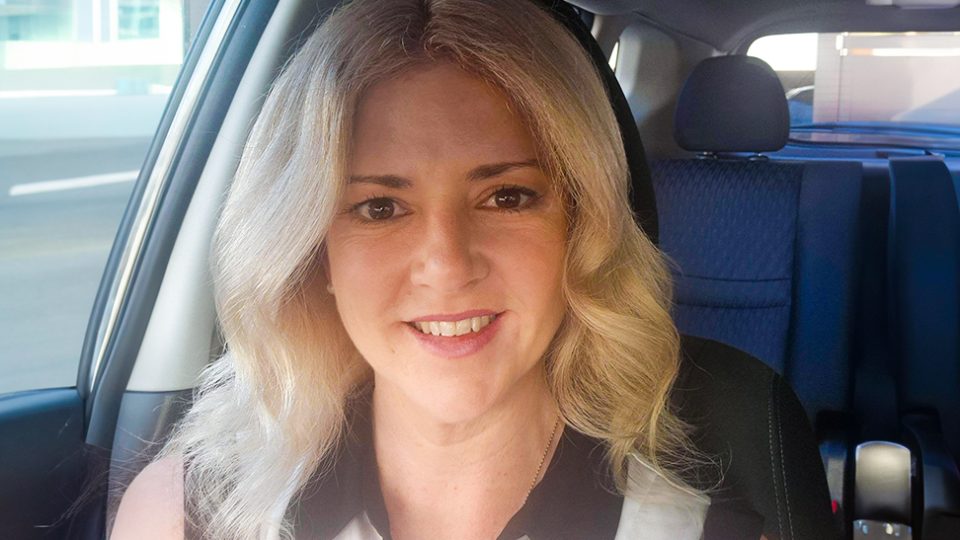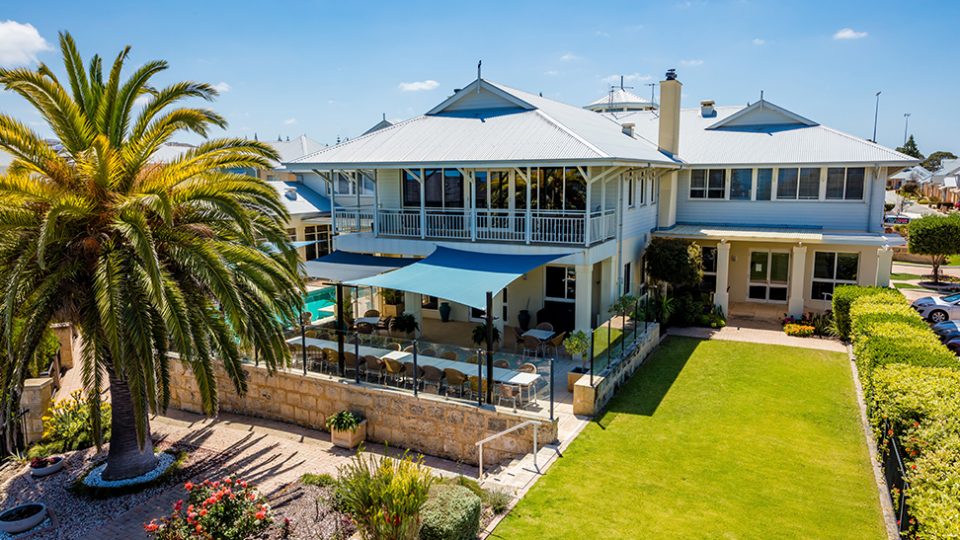International Women's Day 2022 – profile of Baptcare's Dolly and Aamisha Khanna
- 07 Mar 2022

Today, on International Women’s Day 2022, we celebrate and pay tribute to the women of Baptcare – paid and unpaid – for the courage, strength and resilience they have shown over the past 12 months at home, at work and in our communities.
Women like Baptcare’s mother/daughter dynamic duo Dolly and Aamisha Khanna.
Dolly and Aamisha buzz with warmth and energy. It’s no surprise that both women work in the caring profession. Both women celebrate the opportunity to help people in their daily jobs at Baptcare as Lead Care Consultant and Acting Kinship Care Team Leader, and they also celebrate each other.
When asked for the best thing about her Mum, Aamisha commented, ‘Her cooking! Also, growing up, I have always admired how she has not only been amazing at any work she does, but how she is a supermum. She has an incredible ability to connect with almost anyone.’
Dolly admires Aamisha’s natural caring nature, and ability ‘to put anything back together, whether it is a 5,000-piece puzzle or people that are hurting. As a young girl she was always giving back to community, either by volunteering at an orphanage in Zambia or helping to build a school in Kenya’.
You can read more of Dolly and Aamisha’s story below, including more about Dolly’s work as an ambassador for a recent BreastScreen Victoria campaign – breastscreen.org.au/screendebut.
What do you like about your jobs?
Dolly –
The best thing about my job is the people! I really enjoy working with my teammates and also people from other areas of Baptcare who support and provide guidance to help deal with challenges and complaints. It’s very rewarding to be able to connect with clients from different backgrounds and to be able to give back to the community.
Aamisha –
I thoroughly enjoy the conversations and the time I am able to spend with clients and their carers, and the ability to help them. I also enjoy being part of an amazing team who are so dedicated and passionate about their clients’ wellbeing. They have so much knowledge and I am constantly learning from them.
What three words describe your daughter and what is the most special thing about your daughter?
Dolly – Her punctuality, work ethic and sense of direction. This child can never get lost as she has a built-in compass. Aamisha is an empath and gives so much of herself to the people around her. She is a natural born counsellor (and this is her chosen profession). As a young girl she has always been giving back to community, volunteering at an orphanage in Zambia, helping to build a school in Kenya, climbing Mount Kenya to raise funds under the Duke of Edinburgh program, volunteering at a Hospital and SPCA. My favourite memory is of her performing ballet in Prague, at the age of seven in the world ballet contest.
Aamisha – If I had to choose three words to describe my mum, they would be nurturing, hardworking, and bubbly. Mum has the ability to walk into a room full of strangers, and immediately make a friend. She has always been extremely compassionate and caring, and from as long as I could remember, she has had an incredible work ethic. Growing up, I have always admired how she has not only been amazing at any work she does, but how she is a supermum. The most special thing about her is her ability to connect with almost anyone – and her cooking!
What is your happiest mother/daughter memory?
Dolly – All parents would agree that you don’t have one single happy moment but series of them. The first time I held her in my arms and instantly forgave her for the 12 hours of labour is undoubtedly my happiest one. But it is also travelling along with her and watching her evolve into this compassionate, empathetic and beautiful human that she is. The ability to put anything back together whether it is a 5,000-piece puzzle or people that are hurting.
Aamisha – Like mum has said, I can think of a fair few moments – I think some of my favourites were during our first lockdown in Melbourne where we would spend the evening doing something creative like painting together with a show in the background and just enjoying the other person’s presence. Similarly, dinners and coffees together are always some of my most treasured moments with her because mum is so nurturing and I always leave feeling lighter and calmer.
Community news
-

Staff Spotlight: Annabelle Hancock
Meet Annabelle Hancock, Statewide Carer Support Liaison Officer for the Foster and Kinship care team based in Tasmania.
- 06 Jan 2026
-

Staff spotlight: Alicia Johnston
We are very proud of our talented and dynamic workforce and enjoy following their professional work journeys. Roles aren’t static at Baptcare. There is flexibility to grow and develop into different areas, such as Alicia Johnston’s experience.
- 06 Jan 2026
-

BaptistCare to acquire Keyton’s Western Australian retirement village portfolio
BaptistCare is pleased to announce that we have entered into an agreement to acquire Keyton’s portfolio of retirement villages in WA.
- 13 Nov 2025
